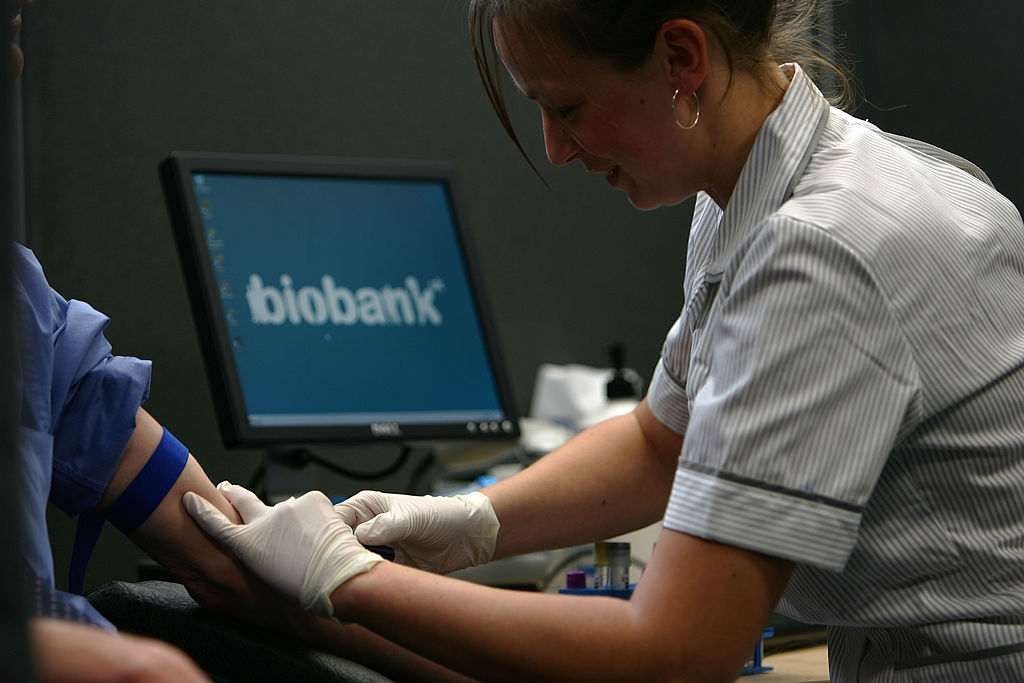UK Biobank’s Controversial Sharing of Sensitive Health Data Raises Alarms
An investigation revealed that insurance companies were given access to the private health data of nearly 500,000 individuals in the UK, provided through UK Biobank for medical research. This incident contradicts the earlier claims made by UK Biobank.
The Observer found that from 2020 to 2023, UK Biobank, established in 2006 to support disease research, made its extensive biological database accessible to companies in the insurance industry. The data includes blood, saliva, and urine samples, medical records, scans, data from wearable devices, and lifestyle details. The insurance companies use this information to develop computerized tools that estimate a person’s risk of developing chronic illnesses.
Despite UK Biobank’s claims of having strict controls over data access for legitimate researchers, health advocates, data privacy specialists, and geneticists expressed concerns about screening and ethical checks at UK Biobank. This raises questions about the bank’s ethical and transparent business practices.
UK Biobank is highly regarded for its contribution to British science and has led to several significant medical breakthroughs. However, concerns have been raised about its recent actions and their impact on data privacy.
The inquiry also discovered that participants were not directly informed about the sharing of data with insurance companies, which further raised concerns about UK Biobank’s ethical considerations.
While UK Biobank has been instrumental in groundbreaking discoveries, it came under fire after revelations about sharing sensitive medical data with private corporations for health-related research.
The management of sensitive medical data has been strongly criticized, with many experts viewing it as a grave breach of trust. The sharing of data with insurance companies, including information about illnesses, lifestyle, and biomarkers, has been deemed unethical and concerning.
The investigation identified that organizations such as ReMark International, Legal & General, MetLife, Lydia.ai, and Club Vita were granted access to this sensitive health data. These organizations aim to use the data to develop algorithms for predicting illnesses and mortality, which raises significant ethical and privacy concerns.
Prominent experts, including genetics and artificial intelligence specialist Prof. Yves Moreau, have denounced the data sharing as a serious breach of trust and emphasized the significance of seemingly minor variables in this context.
The revelations about UK Biobank’s controversial data sharing have sparked widespread concern and debate over the ethical implications of sharing sensitive health data with insurance companies. This incident highlights the need for greater transparency and ethical considerations when handling private health information.

I have over 10 years of experience in the cryptocurrency industry and I have been on the list of the top authors on LinkedIn for the past 5 years. I have a wealth of knowledge to share with my readers, and my goal is to help them navigate the ever-changing world of cryptocurrencies.







